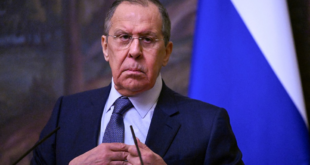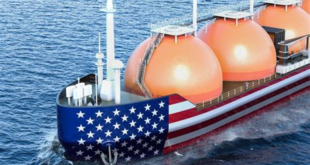Tarrif disputes between the two Albanian countries are hampering the goal of creating a single market – with a row over cement being the latest example.Ever since NATO helped mainly Albanian Kosovo break away from Serbia more than a decade ago, talk of creating a single market with neighbouring Albania has been a routine part of the political discourse.But despite many promises made at the highest echelons of power in both countries, trade exchanges remain low and disputes over tariffs have increased.
A recent decision by Kosovo’s Minister of Trade, Mimoza Kusari-Lila, to impose a 35 per cent tariff on cement imports, which mostly hurts an Albanian company based in the town of Fushe Kruja, has reignited the debate.
According to the Tirana Chamber of Commerce, Kosovo imported 175,000 tones of cement from Albania in 2011, with a value of €12 million, accounting for a significant share of the trade exchange between the two countries.
Trade exchange between Kosovo and Albania currently amounts to 65 million euro per year.
At a press conference held on Thursday, the head of Tirana’s Chamber of Commerce asked Albania’s government to intervene.
“Such a penalizing tax will have a social impact,” the chamber’s head, Nikolin Jaka, said, underlining that the trade in Albanian cement with Kosovo involved nearly 200 local companies and many jobs.
However, Kusari-Lila remains unrepentant about her decision, accusing Albania of damaging the local cement producer in Kosovo, SharrCem, by flooding the market.
“Our goal is not to block [Albanian cement,] but to put some controls on the market,” she told an Albanian TV station.
Kusari-Lila’s decision has also been criticized by the EU Civilian Office in Kosovo, which has said that the tariff breaches the regional trade agreement, known as CEFTA.
This is not the first time Albania and Kosovo have quarrelled over tariffs. A few months ago, Kosovo farmers protested against Albanian tariffs on the import of potatoes from Kosovo, asking Tirana to lower them.
“Just as we had swift reaction in the case of the tariff on potatoes, we ask that trade barriers between our two countries be removed once and for all,” Jaka said.
“Politicians should find common ground in order to create a single market,” he added.
 Eurasia Press & News
Eurasia Press & News



